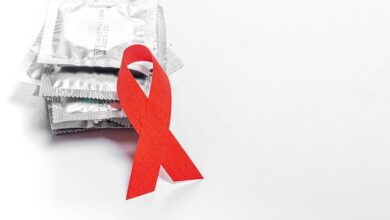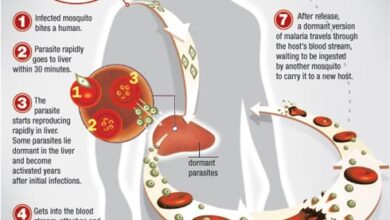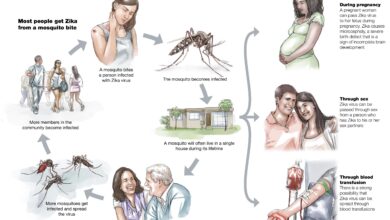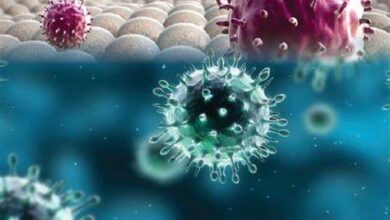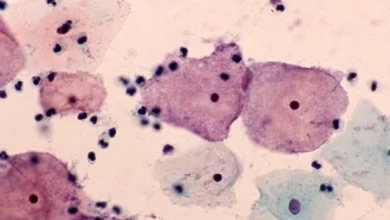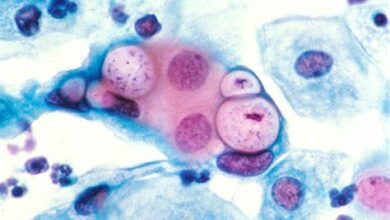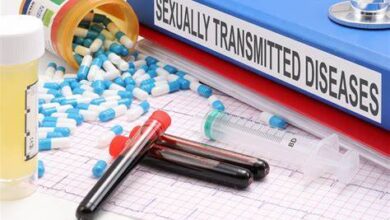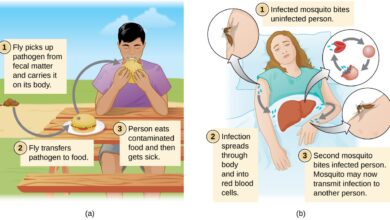
STIs on the Rise A Proactive Approach to Personal and Public Health
STIs on the Rise: A Proactive Approach to Personal and Public Health
The global surge in sexually transmitted infections (STIs) demands a multifaceted response, emphasizing **informed individuals, accessible healthcare, and collective action**. This article equips you with the knowledge and tools to navigate this evolving public health concern effectively.
Comprehending the Landscape
According to the World Health Organization (WHO), over **1 million STIs are acquired daily worldwide**, affecting individuals across all demographics. While some regions and groups bear a disproportionate burden, understanding the scope of this challenge is crucial for proactive management.
Common STIs and Their Implications
Early detection and treatment are paramount for mitigating the potential adverse effects of prevalent STIs like:
* **Chlamydia and Gonorrhea:** Often asymptomatic, these bacterial infections can lead to pelvic inflammatory disease, infertility, and ectopic pregnancy if left untreated.
* **Syphilis:** Progressing through stages with early symptoms mirroring other conditions, untreated syphilis can cause severe health complications like heart and neurological damage.
* **Human Papillomavirus (HPV):** Responsible for genital warts and some cervical cancers, vaccination against certain strains and regular screening are crucial.
* **Herpes Simplex Virus (HSV):** While incurable, antiviral medication manages genital herpes symptoms and reduces transmission risk.
* **Human Immunodeficiency Virus (HIV):** Early diagnosis and adherence to medication are essential for managing HIV and preventing transmission to others.
Understanding Increased Vulnerability
Certain factors heighten your risk of contracting STIs:
* **Unprotected sex:** Engaging in vaginal, anal, or oral sex without using condoms or other barrier methods significantly increases vulnerability.
* **Multiple sexual partners:** Increased exposure to potentially infected individuals raises your risk.
* **Substance use:** Alcohol and drugs can impair judgment and hinder safe sex practices.
Additionally, specific groups face greater vulnerability due to social and structural factors:
* **Young people:** Limited access to comprehensive sex education and healthcare services leaves them susceptible.
* **Marginalized communities:** Lack of access to healthcare and stigma surrounding STIs contribute to delayed diagnosis and treatment.
Prioritizing Early Detection and Testing
Regular STI testing is a **responsible act** that protects yourself and your partners. Early detection enables prompt treatment, minimizing the risk of complications and transmission. Remember:
* **Testing is not judgment:** It’s a proactive step prioritizing your health and well-being.
* **Confidential testing options abound:** Healthcare providers, Planned Parenthood clinics, and community centers offer readily available and confidential testing options.
* **Testing frequency varies:** Consult your healthcare provider to determine the appropriate testing schedule for you.
Effective Prevention Strategies
Prevention remains the **cornerstone** in tackling the STI epidemic. Here are key strategies:
* **Condom use:** Consistent and correct condom use significantly reduces the risk of STI transmission.
* **Open communication with partners:** Honest and open communication about sexual history and STI testing empowers informed decision-making.
* **Vaccination:** HPV vaccination protects against specific strains, reducing the risk of cervical cancer and genital warts.
* **Comprehensive sex education:** Empowering individuals to make informed choices regarding their sexual health is crucial.
Dismantling Stigma and Seeking Support
The stigma surrounding STIs can deter individuals from seeking testing and treatment. Remember:
* **STIs are common:** Millions of people worldwide live with STIs – you are not alone.
* **Effective treatments exist:** Most STIs have effective treatments enabling symptom management and preventing complications.
* **Seek support:** Confidential counseling and support services are available to help you navigate an STI diagnosis and manage its emotional impact.
Collective Action for a Healthier Future
Combating the rise of STIs requires a **collaborative effort**. Advocacy for comprehensive sex education, accessible testing and treatment services, and destigmatization efforts are crucial in protecting individual and community health. By advocating for change and actively engaging in safe sex practices, we can contribute to a healthier future for all.
Remember, **knowledge is power**. Stay informed, communicate openly, and prioritize regular testing. These are your most powerful tools in navigating the current STI landscape. With proactive measures and collective action, we can create a future where STIs no longer pose a significant threat to individual and public health.
- Baby names starting with A
- Baby names starting with B
- Baby names starting with C
- Baby names starting with D
- Baby names starting with E
- Baby names starting with F
- Baby names starting with G
- Baby names starting with H
- Baby names starting with I
- Baby names starting with J
- Baby names starting with K
- Baby names starting with L
- Baby names starting with M
- Baby names starting with N
- Baby names starting with O
- Baby names starting with P
- Baby names starting with Q
- Baby names starting with R
- Baby names starting with S
- Baby names starting with T
- Baby names starting with U
- Baby names starting with V
- Baby names starting with W
- Baby names starting with X
- Baby names starting with Y
- Baby names starting with Z


